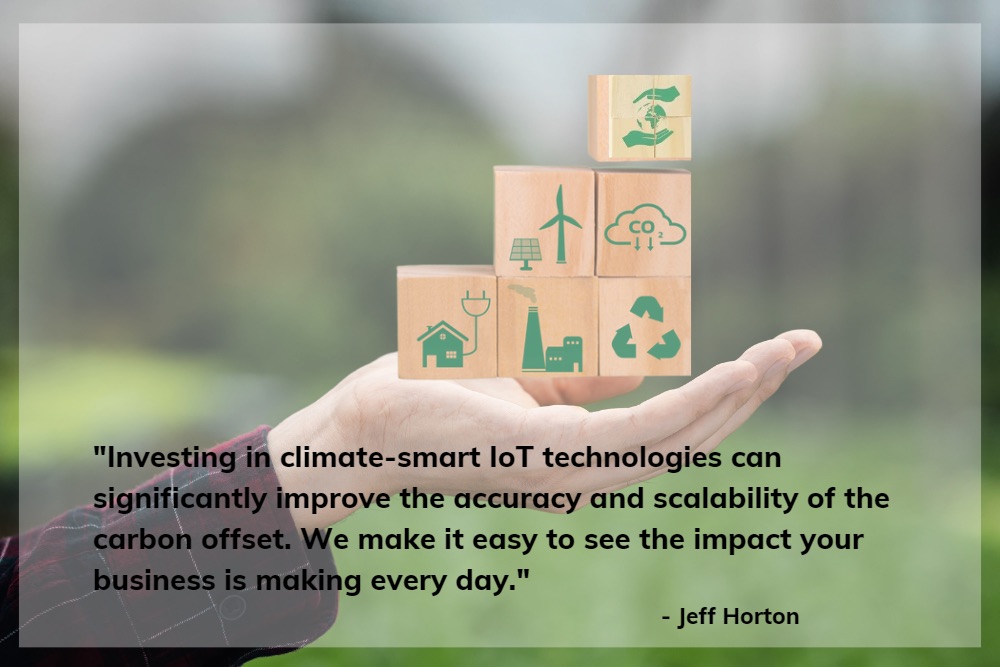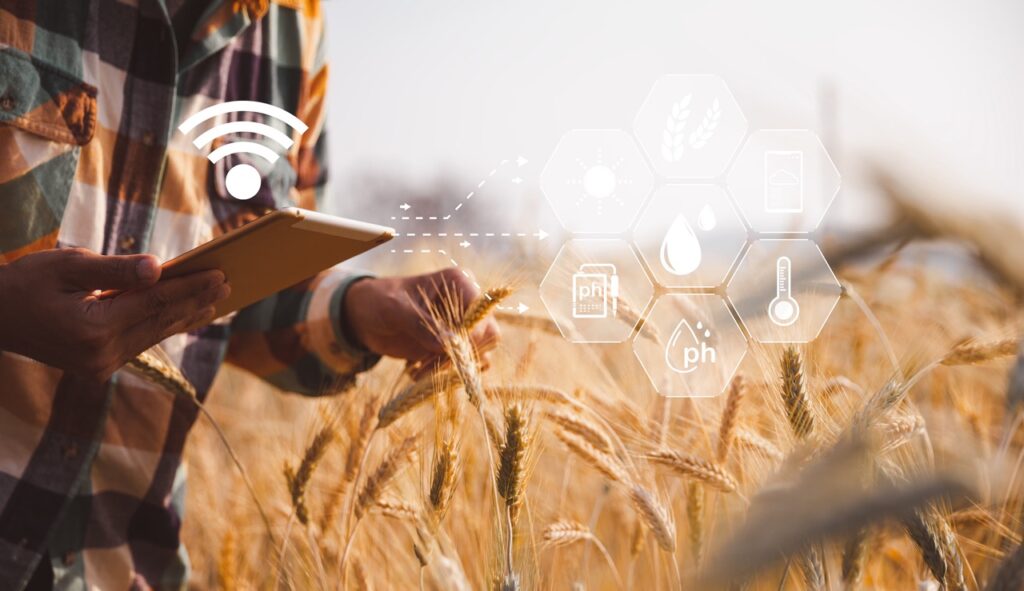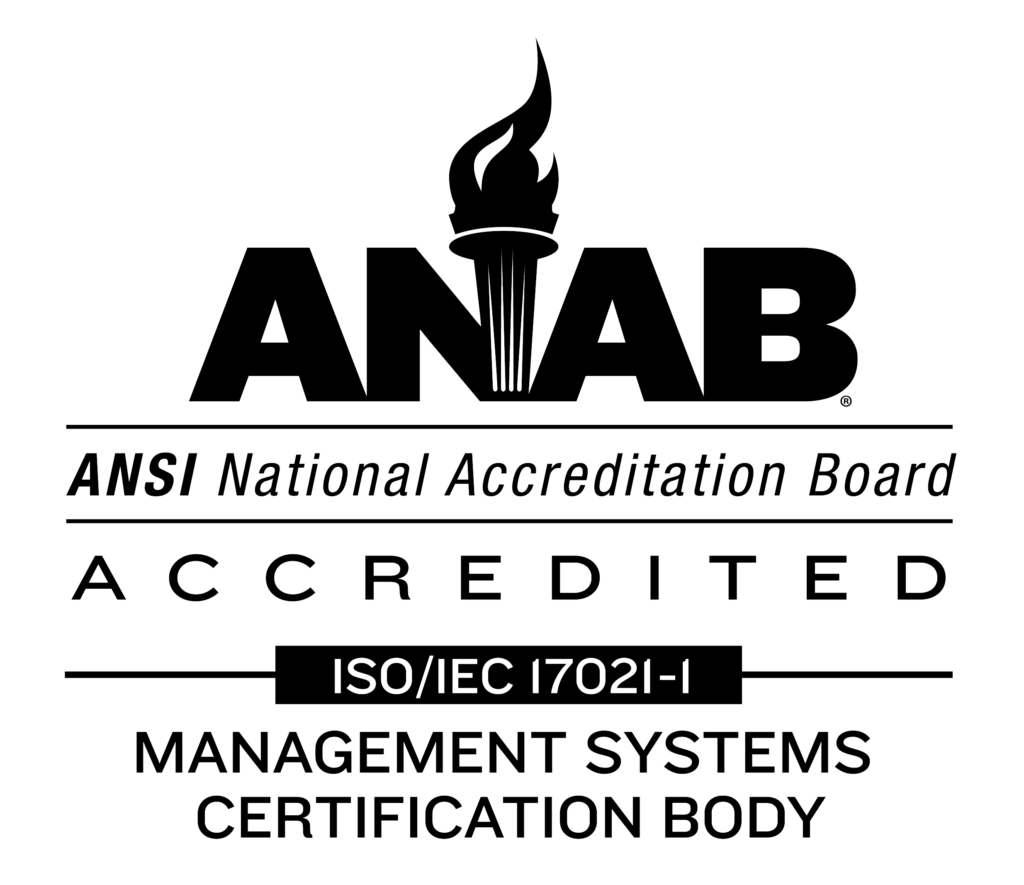IoT and the Carbon Market: How Data Can Help Drive Decarbonization

Let’s set the stage for what greenhouse gasses are by using a familiar scenario. You’re walking in a greenhouse. That warm, damp air that you feel on your skin and the additional sunlight that warms the space likens it to a 24/7 hot yoga session for plants. That, in a simple example, is the greenhouse gas effect. Now, take that greenhouse and expand it to the size of the planet. Imagine the world as one large terrarium with man-made greenhouse gasses (GHGs) trapping heat in the atmosphere. The impact, according to the United Nations Environment Programme (UNEP) Emissions Gap Report, is measurable and critically damaging to life on planet earth. Global temperatures are expected to rise at least 2.7C this century. The report goes on to say that GHGs need to be halved by 2030 to avoid a climate catastrophe. According to the Environmental Protection Agency (EPA), one of the leading GHGs is carbon dioxide (CO2), which accounts for 79% of all GHGs from human activities. Reducing CO2 (or decarbonization) is critical. The EPA points out that carbon emissions alter climate patterns and that “human health, agriculture, water resources, forests, wildlife, and coastal areas are all vulnerable to climate change.” Fortunately, data available from Internet of Things (IoT) technology can help accelerate decarbonization efforts as explained, in part, below. The Intersection of IoT and Carbon Markets As the world faces the challenge of reducing GHG emissions, industries are turning to regulated carbon credit markets and voluntary carbon offset markets to help them shrink their carbon footprints. Carbon markets — where carbon credits and offsets are sold and bought, similar to commodity futures like grain — provide a way for industries to compensate for unavoidable emissions by investing in certified projects that reduce or remove carbon dioxide from the atmosphere. These projects mitigate the environmental impacts of industrial operations while helping organizations work toward net-zero commitments and environmental, social, and governance (ESG) reporting goals. Carbon credit markets create accountability. Along with international pacts to drastically lower GHG emissions, consumer demand to reduce environmental harm is spurring carbon market growth. This demand is driven by deep-seated concerns that are literally keeping Americans up at night. A new survey from the American Academy of Sleep Medicine (AASM) reveals that one-third of adults (32%) “always or often” lose sleep due to worries about environmental issues. Investing in carbon offset projects shows that an organization’s commitment to combat climate change goes beyond lip service. A worldwide awareness of climate change could be one reason companies are taking note. The voluntary carbon market recently exceeded $1 billion in global value and could surpass $30 billion in annual value by the end of the decade, according to a Bain & Company report. While investments are clearly on the rise, “the carbon market has reached a crossroads,” the report states. That’s because carbon markets today are built largely on trust — and as it turns out, that trust is tenuous. Enter the critical role of data. Verification methods for carbon offsetting lack uniformity, which raises uncertainties about the fair market value of credits as well as doubts about the efficacy of the projects they fund. As a result, many organizations that need carbon offsets to meet their net-zero commitments have nevertheless chosen not to buy them. For carbon markets to achieve their potential, reliable emissions measurements and data are needed for valuation and verification. “Zero Trust” Begets Absolute Trust Leveraging IoT technology consisting of sensors, network configurations, and cloud-based analytics can significantly improve the accuracy, reliability, and scalability of the carbon offset verification process. That’s where FreeWave comes in and its partnership with Inmarsat to provide global coverage, collecting IoT sensor data from anywhere and transporting it to the cloud for analysis and action. The FreeWave platform has reputable third-party auditors who analyze data to confirm the efficacy of certified carbon offsetting projects. For example, in a reforestation project, auditors can accurately measure and convey to offset buyers how much carbon is being sequestered, and it won’t be long before buyers, through a dashboard, can track these measurements themselves and compare them against a projected scenario of how many tons of carbon emissions would have occurred were it not for the project. Using incontrovertible metrics to assess project performance increases investor confidence, while sellers can ensure that their credits are backed by measurable emissions reductions. This could ultimately help move the voluntary carbon market toward a more transparent, zero-trust model. When there’s absolute trust in carbon market performance, the value of carbon offsets will increase. That’s good news for industries like smart agriculture that can potentially capture more carbon than they produce, enabling them to sell offsets as an additional revenue stream. Beyond Carbon Markets — Sustainability Best Practices Carbon offsetting is part of a holistic sustainability plan that starts with reducing the use of fossil fuels and pollutants, taking carbon reduction efforts as far as possible before offsetting any remaining emissions. Here, too, IoT and FreeWave come into play, deploying technologies that improve operational efficiency while protecting and conserving natural resources. Growers, for example, can use sensor data to optimize efficiency for irrigation and fertilization programs. IoT data allows agriculture and other industries to monitor and manage their environmental impact. It also gives them data-based ESG impact reports that they can use to their competitive advantage — and to discredit accusations of greenwashing (exaggerated claims of environmental practices). Most business leaders (76 percent) in major industries doubt their peers’ ESG reporting, according to recent research by satellite solutions provider Inmarsat. Beyond the environmental and humanitarian imperatives, investing in climate-smart IoT technologies can be part of a long-term revenue enhancement strategy. We at FreeWave believe that products that are verifiably carbon-neutral will warrant premium pricing in the eyes of environmentally conscious consumers, just as produce grown organically commands a higher price. The Journey to Net-Zero Most business leaders believe that data collected via IoT solutions is critical to building trust (81 percent) and improving ESG outcomes overall





